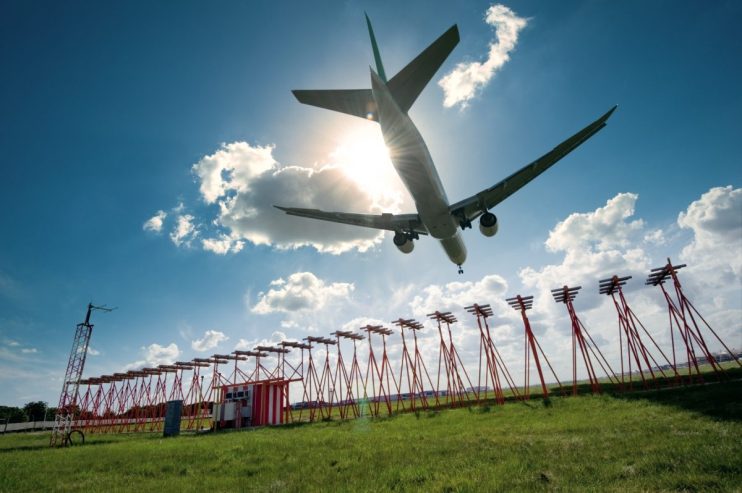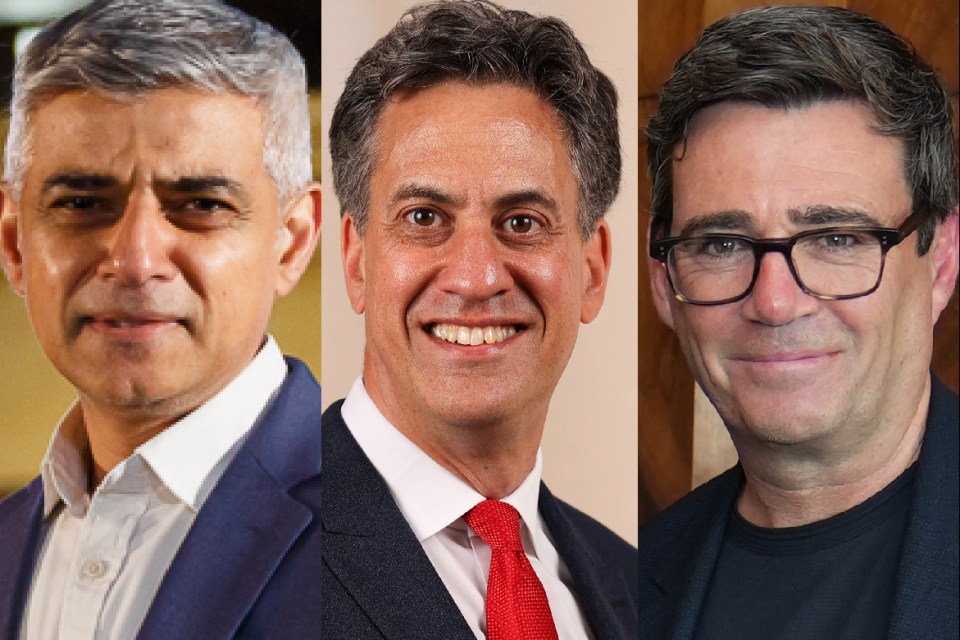Will Heathrow’s third runway plans be halted by Miliband, Khan and Burnham?

Heathrow Airport’s long-delayed third runway plans took a major step forward this week, after it was revealed the government is prepping to give the project its backing.
Chancellor Rachel Reeves will outline her support for expansion bids from three major London hubs – Heathrow, Gatwick and Luton – in a speech later this month, according to reports.
Such a move would cement Labour’s view that airport expansion is a vital part of its pledge to grow the economy and comes despite fierce opposition from bigwigs including energy secretary Ed Miliband and London Mayor Sadiq Khan.
But while Gatwick and Luton have already put forward their proposals, Heathrow still has much further to go.
The UK’s largest airport has yet to submit a Development Consent Order (DCO) – planning applications for nationally significant infrastructure projects – and there were reports last year it was exploring more modest means of ramping up capacity.
Heathrow’s plans for a third runway have been an ongoing saga for decades but came close to fruition in 2020, when the airport won a court battle against environmental campaigners to overturn a ban on the project.
However, the pandemic put everything on hold as passenger numbers were decimated and the aviation industry faced the most challenging period in its history.
Now though, Heathrow is bringing in record numbers as travel demand booms across the globe, potentially giving the hub more grounds to justify such a ginormous capacity increase.
And there are more reasons to believe the project may go ahead.
Insiders close to the talks say conversations between the Department for Transport (DfT), Treasury and Heathrow executives have sped up in recent months, and there is a belief among the airport’s senior leadership that this government understands the merits of expansion.
Boss Thomas Woldbye, the Dane flown in from Copenhagen to replace the outgoing John Holland-Kaye in 2023, was seen by those around him as more pragmatic and thoughtful than his predecessor, and was initially more sceptical of the proposals, City AM understands.
But this has changed over the last year, not least because passenger numbers are at their highest level in history and the political wind is changing direction.
The sale of owner Ferrovial’s majority stake in Heathrow to French private equity firm Ardian and the Saudi PIF has also roped in new investors keen on options for growth.

Backbench opposition and push-back from Khan and Miliband remain a serious hurdle though, while Manchester Mayor Andy Burnham on Tuesday warned a Heathrow expansion “diverts infrastructure investment away from the north and traps it in London.”
A spokesperson for Khan told City AM: “The Mayor has a long-standing opposition to airport expansion around London – linked to the negative impact on air quality, noise and London’s ability to reach net-zero by 2030.”
And there is also this spring’s carbon budget, which is being drafted up by the Climate Change Committee (CCC), a body that has previously said “there should be no net airport expansion unless the carbon-intensity of aviation is outperforming the government’s emissions reduction pathway.”
Aviation is banking on so-called Sustainable Aviation Fuel (SAF) to hit a target of net-zero by 2050, but skeptics say the biofuel is too costly, while take-up has been incredibly slow. It means any serious reduction in carbon emissions is unlikely to take place anytime soon, without cutting flights.
Research from the New Economics Foundation on Tuesday found expanding Heathrow, Luton and Gatwick would wipe out the benefits of the government’s clean power plan (CPP) within five years of the expanded operation.
The CPP intends to reduce UK carbon emissions by 65m tonnes by delivering a zero-carbon electricity system in 2030, five years earlier than the date set by the former government.
For Heathrow, Monday’s news will be massive. But if history is anything to go by, there will be more twists and turns in the tale to come.